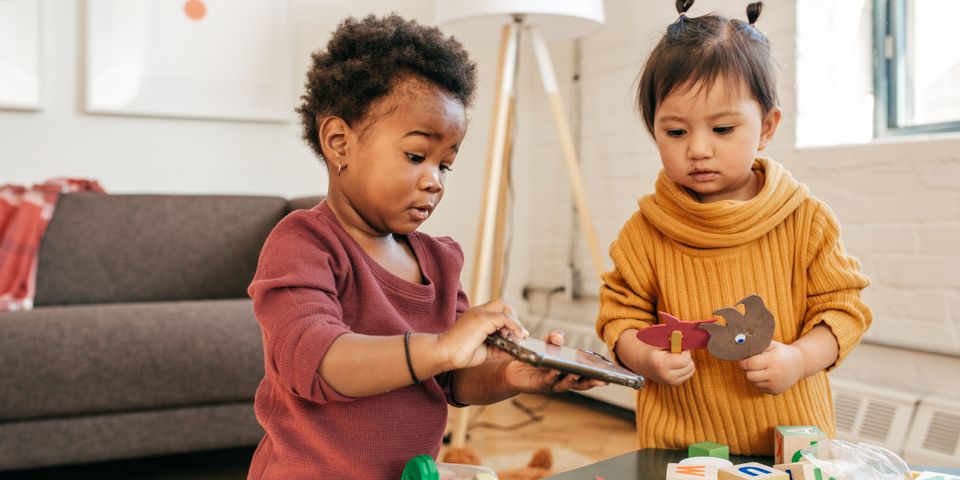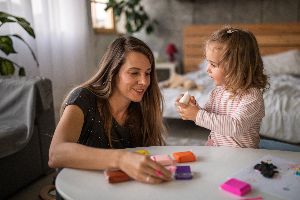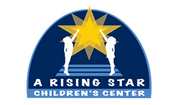3 Tips for Teaching a Child How to Handle Conflict

No matter your age, dealing with conflict can be difficult and unappealing. However, disputes are going to naturally pop up from time to time. The sooner kids learn to handle them in healthy ways, the better equipped they'll be to successfully navigate their interpersonal relationships—and the larger world. Whether they're about to start attending an early childhood learning center or you want playground time to be instructional, here are a few strategies for helping your child learn good conflict resolution skills.
How to Teach Your Child to Resolve Conflicts
1. Talk About Feelings
Conflict brings big emotions with it, and that can be new and scary for kids. To address conflict, you must first address the feelings it has caused. This helps the child see more clearly how the other party's behavior has affected them and prevents them from rushing to the all-too-common knee-jerk reaction of blame.
Have the child complete "I feel…" statements to ensure they recognize their emotions. Or, since so much of early childhood learning is visual, consider presenting a smiley face chart of feelings and ask them to point out what expression best describes the situation. Then, talk about those feelings, validate them, and brainstorm solutions together.
2. Be a Role Model

Children learn many behaviors simply by watching and listening to others. This is called observational learning, and it means your child may imitate your own responses to conflict. As much as possible, aim to be a good role model and approach conflict with empathy and understanding.
Be aware of how you deal with conflict in day-to-day life. Try not to immediately fly off the handle, and when possible, avoid disputes entirely, as these are responses your child might soon mimic.
3. Put It in Perspective
Kids—and many adults—have pretty rigid, black-or-white thinking. This leaves little room for different perspectives. And a shift in perspective can be the secret to resolving conflict with minimal stress and anxiety. Ask your child to put themselves in the shoes of the other person and explore reasons for why he or she acted as they did. This helps develop empathy.
Also, have your child think about all the other aspects of their relationship with the other party. If the dispute is with a good friend, the friend's other qualities and the strength of the bond the two kids share likely far outweigh the negativity of the conflict. This can aid in quelling heated emotions and can give a bigger-picture view of the entire situation.
Your child will learn important life skills and have fun in the process at A Rising Star Children's Center. With more than 40 years of combined experience, they provide early childhood learning services to Croton-on-Hudson, NY, and the surrounding area. From child care and preschool to before- and after-school programs, they offer a safe and stimulating environment for kids to thrive. Call (914) 862-4283 to enroll or visit them online to browse their programs.
About the Business
(19 reviews)
Have a question? Ask the experts!
Send your question

